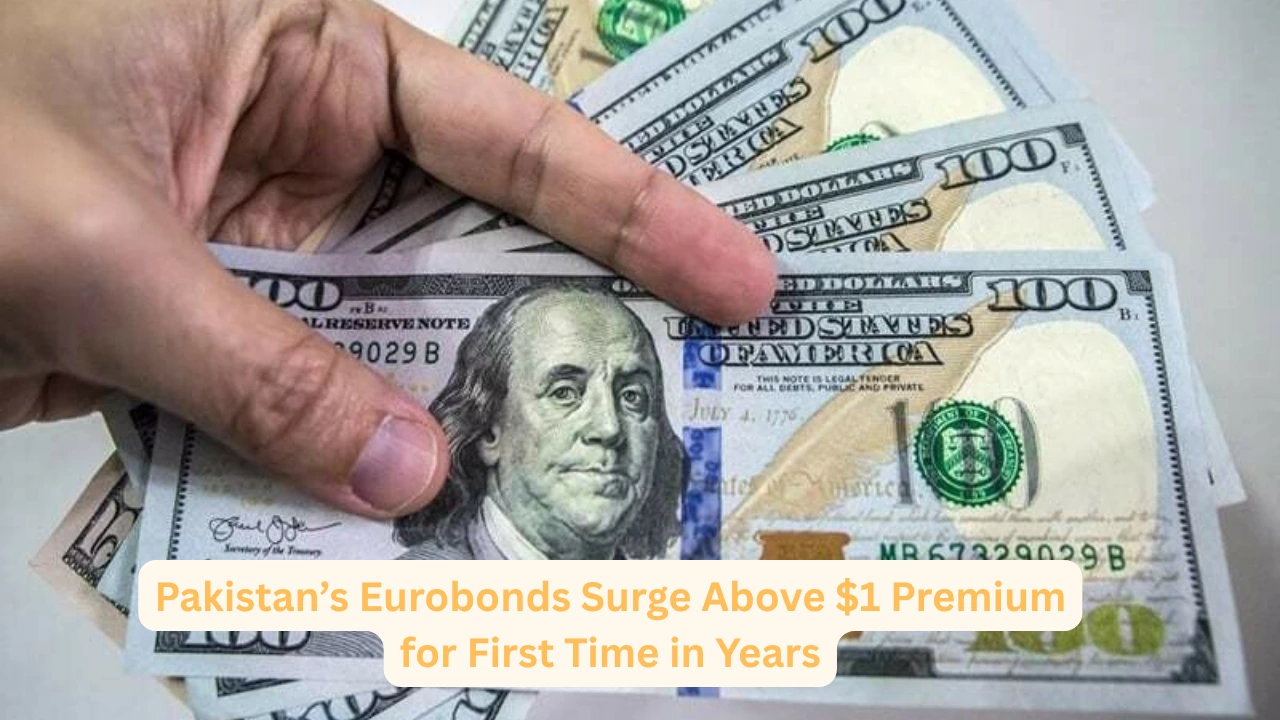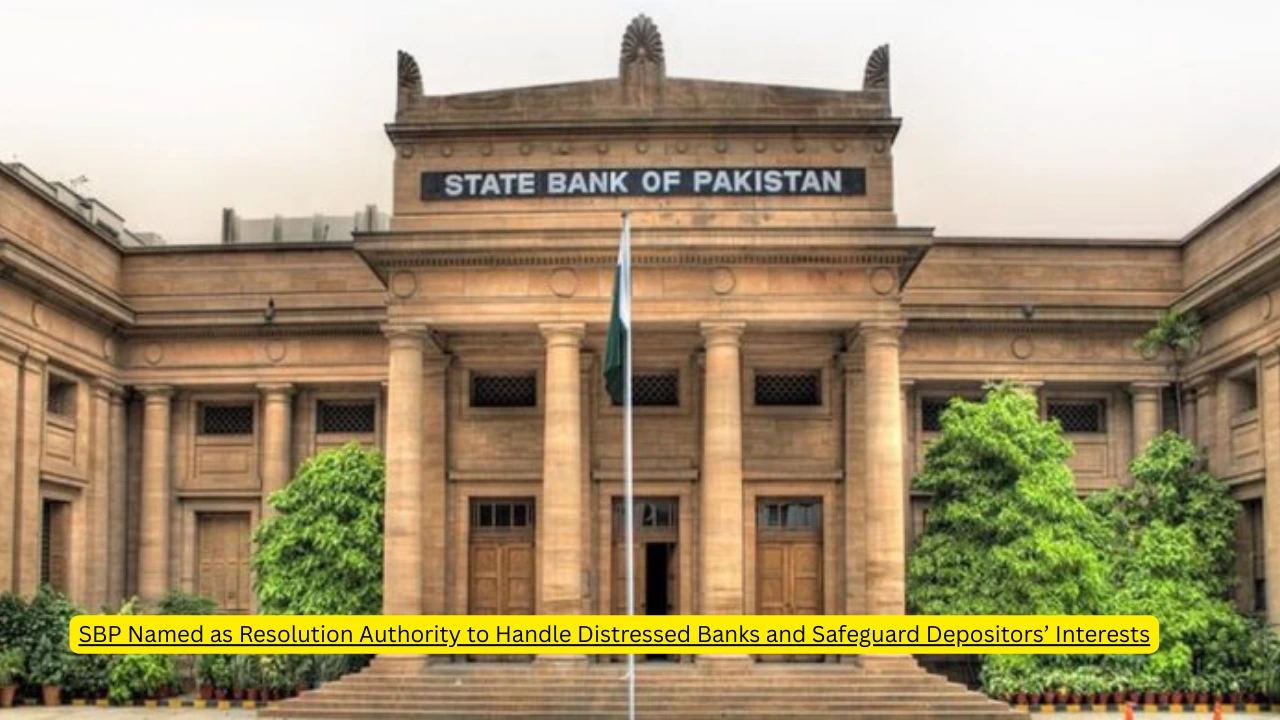KARACHI: In a landmark development for Pakistan’s financial markets, all three actively traded Pakistan’s Eurobonds have crossed the $1 premium mark in global capital markets — a first in recent history. This significant price surge reflects renewed global investor confidence in Pakistan’s macroeconomic stability and debt repayment ability.
Speaking at the monetary policy press conference on Wednesday, State Bank of Pakistan (SBP) Governor Jameel Ahmad said:
“Pakistan’s three Eurobonds are trading at premium for the first time after several years.”
The bonds, maturing in September 2025, April 2026, and January 2029, are now priced above their face value — a stark contrast to 2023, when they were trading at deep discounts of 37–38 cents on the dollar. Click for more info
Breakdown of the Premium-Trading Eurobonds
According to data shared by Arif Habib Limited, the three Pakistan Eurobonds closed at the following values on Wednesday:
- September 2025 bond: 100.28 cents
- April 2026 bond: 100.05 cents
- January 2029 bond: 100.74 cents
These prices indicate strong demand from global investors, suggesting that market participants view Pakistan’s risk outlook as improved and are confident in its debt servicing capacity.
Total Eurobond Portfolio: $6.8 Billion Across Six Bonds
At present, Pakistan has six Eurobonds trading in international capital markets. The total outstanding value of these bonds stands at $6.8 billion. The maturity range for these bonds spans from September 2025 to April 2051.
This development is crucial for Pakistan’s image in global finance circles, particularly in light of its recent history of fiscal pressures and external financing constraints.
Credit Rating Upgrade Fuels Bond Recovery
Governor Jameel Ahmad attributed the bond price recovery to recent credit rating upgrades by two major international rating agencies. Both agencies raised Pakistan’s rating to B- from CCC+, with a stable outlook.
This rating revision came after Pakistan made timely repayments of external debt and interest, defying market concerns. The country’s foreign exchange reserves have also improved sharply, rising to $14.5 billion in FY25, compared to $9.4 billion in FY24.
Economic Stability Strengthens Investor Sentiment
Several macroeconomic indicators are also playing a vital role in boosting confidence in Pakistan’s Eurobonds:
- Stable Rupee-Dollar exchange rate
- A surge in workers’ remittances, which touched a record $38.3 billion in FY25, up from $32.3 billion in FY24
- Better fiscal management and tax reforms
- Steady inflation control under the current monetary policy stance
These improvements reflect a positive shift in Pakistan’s economic fundamentals, which had been under pressure for the past several years.

$1.8 Billion Eurobond Repayment Due in FY26
SBP Governor Ahmad also announced that Pakistan will repay $1.8 billion to global investors in FY2025-26. This includes the maturity of two Eurobonds during the fiscal year.
He emphasized that with a more stable economic outlook and credit rating improvements, Pakistan could return to international markets to raise fresh debt by issuing new Eurobonds in the future.
Pakistan to Repay Net $10 Billion in FY26
In total, Pakistan is scheduled to repay $25.9 billion in FY26, including debt rollovers. Out of this, $16 billion is expected to be rolled over, while $10 billion is to be paid as net external obligations. This figure includes:
- $3.75 billion in commercial loan repayments
- $4 billion in interest payments on outstanding debt
Despite these commitments, the total foreign debt has remained stable at around $100 billion over the past three years. This indicates that new borrowings are being used primarily for debt servicing rather than budgetary support or development spending.
Long-Term Outlook for Pakistan’s Eurobonds
Pakistan’s success in stabilizing the economy, repaying debt on time, and securing favorable ratings has significantly improved the outlook for its Eurobonds. Investor sentiment has shifted from risk aversion to cautious optimism.
Analysts expect this trend to continue if:
- Macroeconomic reforms are sustained
- External funding gaps are managed
- IMF and bilateral support remains intact
With greater fiscal transparency, better tax collection mechanisms, and continued foreign remittance inflows, Pakistan’s Eurobonds may maintain their premium pricing in the near future — signaling strong investor faith in the country’s turnaround story. Click here for latest news



One thought on “Pakistan’s Eurobonds Surge Above $1 Premium for First Time in Years”